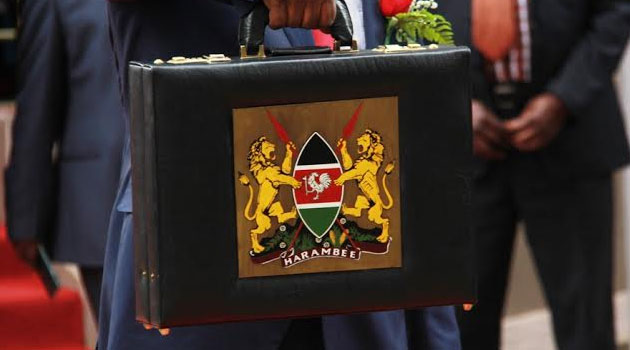After the Senate approved a proposal to raise the debt ceiling to Sh10 trillion, the Treasury is now free to borrow Sh846 billion to plug the budget deficit in the fiscal year beginning July 1.
This comes after the Senate rallied 27 delegations to raise the debt ceiling from Sh9 trillion, which was set in October 2019.
The Senate votes through the 47 elected senators, and passing a bill or motion on the House floor requires a two-thirds majority or 24 senators.
Only three Senators allied with Deputy President William Ruto-Samson Cherargey (Nandi), Aaron Cheruiyot (Kericho), and John Sakaja (Nairobi) voted against the debt ceiling increase.
“This is the results, abstentions zero, nays three and ayes 27. The ayes have it,” Speaker Ken Lusaka ruled.
The increase in the debt ceiling means that the Treasury can now turn to local and international lenders to bridge the Sh846 billion gap in the Sh3.33 trillion budget for the 2022/23 financial year.
According to Senate and National Assembly Finance Committee reports, the country’s debt stock stood at Sh8.6 trillion, leaving the government with Sh400 billion in borrowing room.
The House postponed the vote on debt ceiling adjustment from June 16, 2022, to last evening due to a threat by some to vote it down.
The National Assembly voted a fortnight ago to raise the debt ceiling to Sh10 trillion by amending the Public Finance Management (PFM) (National Government) Regulations of 2015.
The National Assembly’s Majority Leader, Amos Kimunya, who initiated the debate on the debt ceiling adjustment, told MPs that the country cannot complete the 2022/23 budget without raising the debt ceiling.
He stated that the debt limit increase is an interim measure that will allow the next government to seek funding to run its programs while working toward sustainable ways to generate revenue internally.
In October 2019, lawmakers raised the debt ceiling from Sh6 trillion to Sh9 trillion.
Mr Kimunya informed the MPs that the committee, chaired by Tiaty MP William Kamket, had rejected the Treasury’s proposal to amend the Public Finance Management (Amendment) Bill 2022, which sought to cap public debt at 55 percent of GDP.
The proposed limit of 55 percent of GDP in net present value terms is consistent with international standards for a lower-middle-income economy like Kenya.



















